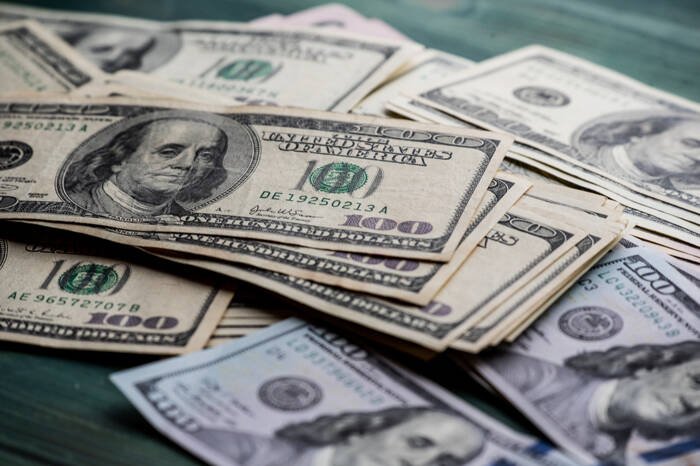The euro and yen continued to weaken against the dollar. The euro, now down over 3% in the past three weeks, fell to $1.0849, while the yen hovered near 149.89 per dollar. Traders are eyeing the widening yield gap between U.S. Treasuries and European and Japanese bonds, particularly with German yields falling as U.S. yields rise. This divergence further cements the dollar’s position as the stronger currency.
Analysts note that the U.S. dollar’s strength is largely driven by solid U.S. economic data, with GDP growth and retail sales exceeding expectations. In contrast, Europe’s economy is under pressure, as reflected by the European Central Bank’s dovish stance and recent data showing falling German producer prices.
Market Forecast: Dollar to Extend Gains Ahead of Election
Looking ahead, the U.S. dollar is likely to maintain its upward trajectory, especially as U.S. Treasury yields continue to climb. With the U.S. presidential election just two weeks away, uncertainty remains high, particularly regarding potential policy shifts under a Trump administration. Traders are expected to increase their long dollar positions, especially against the euro, yen, and Mexican peso, as a hedge against election-related volatility.
In the short term, the DXY may test and potentially break the 200-day moving average at 103.785, with continued support from strong yields and economic data. Bitcoin’s rally could persist, but much will depend on evolving election outcomes and the broader risk sentiment in global markets.





